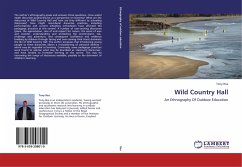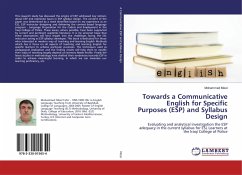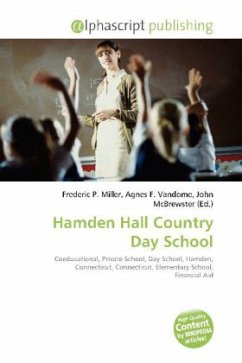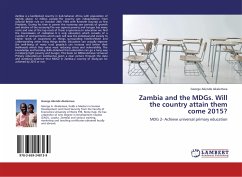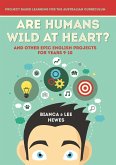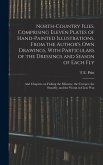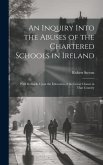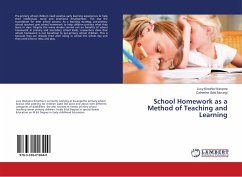The author s ethnography poses and answers three questions:- How useful might discursive positioning be as a perspective on learning? What are the discourses at Wild Country Hall and how are they different to schooling discourses? How might neo-Liberal discursive practices, including performativity and current schooling orthodoxies have affected the pedagogic practices at this centre? A number of over-arching discourses (place, the appreciation, care of and respect for nature, the sense of awe and wonder, understanding and protecting the environment, risk, challenge and adventure; and consequent confidence and resilience building by children through facing and over-coming their fears) dominate the life of Wild Country Hall. The author proposes that introducing young people to these discourses allows a re-positioning of personal identity which may be regarded as learning. Conversely, some pedagogic practices were found to valorise what may be described as classroom discourses , and have tended to formalise learning at the centre. This may be narrowing the range of discourses available, possibly to the detriment of children s learning.
Bitte wählen Sie Ihr Anliegen aus.
Rechnungen
Retourenschein anfordern
Bestellstatus
Storno

